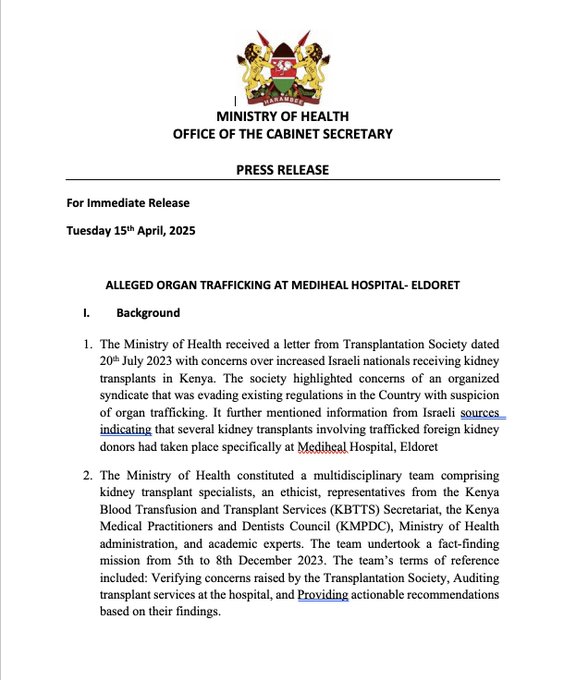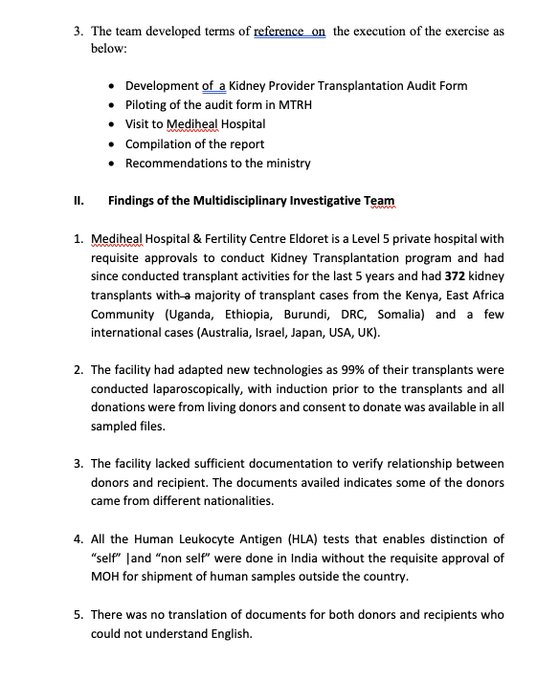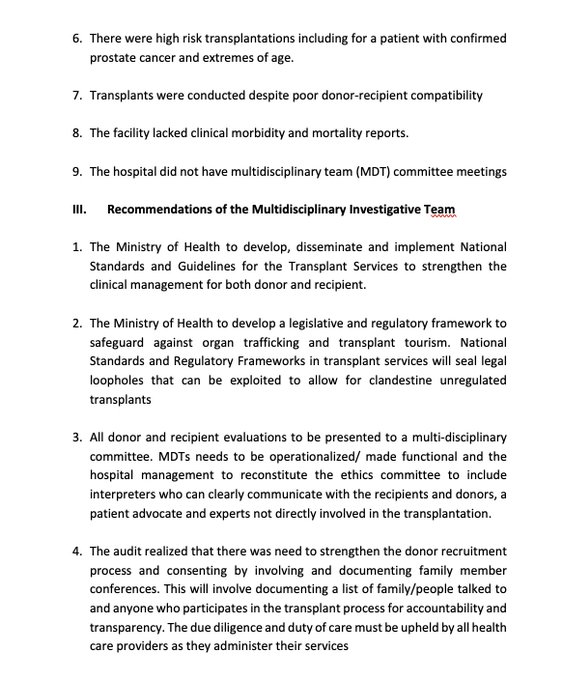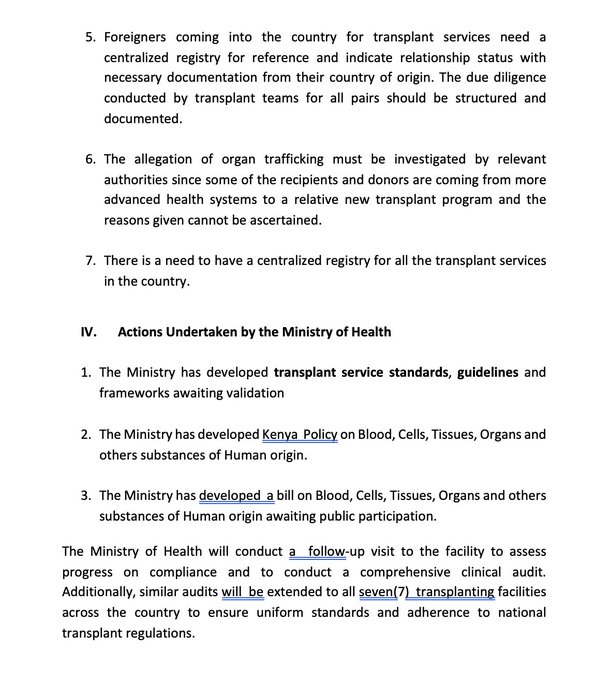NAIROBI, Kenya — What started as a letter from a global medical society has now ballooned into a full-blown government investigation into one of Kenya’s leading private hospitals.
The Ministry of Health has confirmed it’s investigating Mediheal Hospital in Eldoret over disturbing allegations of organ trafficking involving foreign kidney donors—potentially exposing regulatory gaps in Kenya’s rapidly evolving transplant sector.
And yes, the whistleblower is none other than the internationally respected Transplantation Society, which flagged a suspicious pattern: Israeli nationals, in increasing numbers, were flying into Kenya for kidney transplants.
A Global Red Flag: How Israel Put Kenya on Alert
In July 2023, the Ministry of Health received a formal complaint from the Transplantation Society, which raised eyebrows over what appeared to be a rising number of transplants involving foreign nationals—especially from Israel—taking place at Mediheal Hospital.
The society warned that these transplants may not have followed ethical or legal protocols, suggesting the involvement of trafficked kidney donors and describing the pattern as an “organized syndicate” exploiting Kenya’s regulatory loopholes.
According to reports sourced from Israel, the procedures were traced back specifically to Mediheal’s Eldoret branch, a Level 5 facility authorized to carry out kidney transplants.
In response, Health Cabinet Secretary Aden Duale assembled a multidisciplinary investigative team comprising transplant specialists, ethicists, regulators, ministry officials, and academic experts.
Their task? Audit the transplant services at Mediheal and determine whether the concerns were valid.
Between December 5 and 8, 2023, the audit team went to work. They visited Moi Teaching and Referral Hospital (MTRH) as a benchmark, developed a standardized audit tool, and finally evaluated Mediheal’s transplant practices.
On paper, everything looked solid—372 kidney transplants over five years, mostly for Kenyan and East African patients. But the deeper they dug, the messier it got.
While 99pc of the surgeries were laparoscopic, and donor consent was documented in all sampled files, critical issues emerged:
- Relationships between donors and recipients—especially those of different nationalities—were poorly documented.
- HLA testing, a key compatibility check, was done in India without official approval for exporting human samples.
- Non-English-speaking donors weren’t provided translated medical documents—raising concerns about informed consent.
- In some cases, transplants were performed despite medical red flags, including on patients with prostate cancer and those with extreme age profiles.
- Mediheal lacked morbidity and mortality reports, and did not hold required multidisciplinary committee meetings, crucial for ethical transplant evaluations.
These findings, similar to past global scandals, suggest a system vulnerable to exploitation, particularly by wealthier foreign nationals seeking faster access to transplants.
Health CS Duale made it clear: this isn’t just about Mediheal. It’s about the integrity of Kenya’s entire transplant system. The audit team delivered a list of urgent reforms, including:
- Mandatory multidisciplinary evaluations for every transplant, involving independent experts, interpreters, and patient advocates.
- A centralized transplant registry to ensure traceability and accountability.
- Stronger documentation and verification protocols, especially for foreign patients.
To that end, the Ministry has already drafted national transplant service standards and a comprehensive bill on human tissues, cells, and organs—currently awaiting validation and public input.
A follow-up audit will be conducted at Mediheal, and similar evaluations are planned for all seven transplant centers in Kenya.
As Duale summed it up: “The due diligence and duty of care must be upheld by all healthcare providers. We’re committed to protecting both the safety of donors and recipients, and the reputation of Kenya’s healthcare system.”
This case has thrown a spotlight on a troubling trend: transplant tourism, where wealthier patients from developed nations travel to less-regulated regions for procedures that might be difficult—or impossible—at home.
Kenya, with its growing healthcare infrastructure, now finds itself walking a tightrope between providing affordable care and preventing exploitation.
Whether this leads to criminal charges or broader reforms, one thing is clear: Kenya must act quickly to seal the cracks in its transplant system before trust is permanently damaged.







